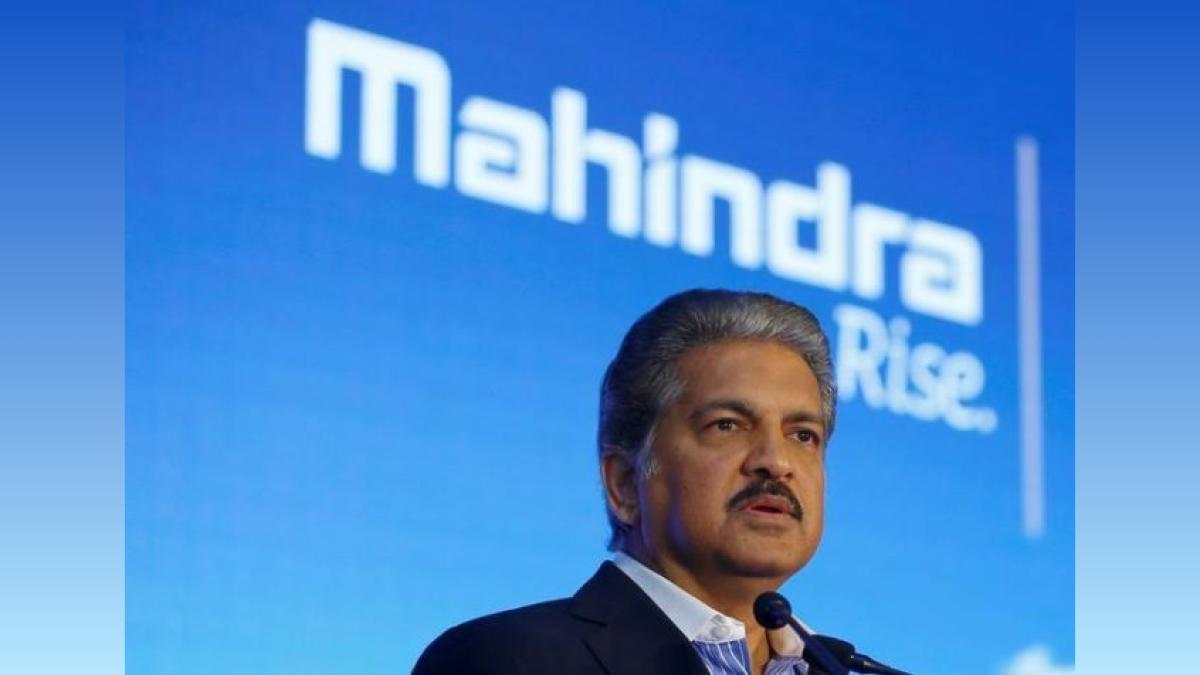 |
|
The Indian automotive sector experienced a significant downturn on Friday, February 21st, 2025, primarily attributed to reports suggesting the government's consideration of reducing import duties on electric vehicles (EVs). This news sent ripples through the market, leading to a substantial decline in the value of various auto stocks. The most dramatic fall was witnessed by Mahindra & Mahindra (M&M), a prominent player in the Indian automotive market, whose shares plummeted by 6%. This considerable drop reflects the potential impact of increased competition from international EV manufacturers, should import duties be lowered. The broader market also felt the impact, with the BSE auto index experiencing a 2.60% decline, closing at 48,135.32. Other notable decliners included TVS Motor Company (-3.81%), Exide Industries (-2.64%), Apollo Tyres (-2.49%), and Tata Motors (-2.46%). This widespread negative trend highlights the significant influence of government policy on the automotive industry's performance and the investors' sensitivity to changes in the regulatory environment. The fear among investors is clear: increased competition from established global brands, particularly with the news of Tesla's impending entry into the Indian market.
The potential decrease in import duties on EVs, from a reported 110% to 15%, is a central element driving the market's reaction. Currently, high import tariffs serve as a protective barrier for domestic automakers. A reduction in these tariffs would allow foreign EV manufacturers to offer more competitively priced vehicles in the Indian market, thereby increasing the competitive pressure on Indian companies. This is particularly pertinent considering Tesla's planned retail operations in India by April 2025. The prospect of Tesla, a global leader in the EV market, directly competing with established Indian brands adds another layer of uncertainty and fuels investor concerns. Analysts, like Ameya Ranadive, a Chartered Market Technician at StoxBox, attribute the overall market downturn to a combination of factors, including mixed global cues, continued foreign institutional investor (FII) selling, concerns about US tariffs, and the negative sentiment surrounding the auto sector's potential challenges. This illustrates the interconnectedness of global and domestic market forces and the sensitivity of the Indian stock market to international economic trends.
Siddhartha Khemka, Head of Research at Motilal Oswal Financial Services, reinforces the link between the potential EV policy changes and the auto sector's decline. He points out that Nifty Auto, a key index, suffered the most significant loss, dropping 2.6%, directly attributed to Tesla's entry and the anticipated change in import duties. The narrative emphasizes the strategic importance of the government's forthcoming EV policy, indicating that the detailed policy specifics might further influence market sentiment. The government's intention to lower import duties is interpreted as a step towards fostering competition and potentially accelerating the adoption of electric vehicles in India. However, the immediate effect on the Indian auto industry is negative, reflecting the short-term challenges that domestic players face in navigating a landscape increasingly dominated by global players. The timing of Tesla's India launch, coinciding with potential import duty reductions, creates a perfect storm of uncertainty that currently weighs heavily on investor confidence within the Indian automotive market. The longer-term effects of this policy change are still uncertain and will likely depend on a multitude of factors including the speed and scale of the change, the response of domestic companies, and the overall acceptance of EVs by Indian consumers.
The overall market performance on Friday mirrored the auto sector's woes. The BSE benchmark Sensex declined by 0.56%, losing 424.90 points, and the NSE Nifty fell by 0.51%, losing 117.25 points. These declines further highlight the pervasive negative sentiment affecting the Indian market, with the automotive sector as a significant driver of this downturn. The interconnectedness of the various market segments is evident, indicating that the issues facing the auto industry are not isolated but have wider implications across the Indian economy. The situation underscores the need for a comprehensive approach to economic policymaking that considers the short-term impact on established industries while balancing the long-term goals of promoting innovation and competition. Further analysis is needed to fully comprehend the ramifications of these developments, including a deeper look at the potential adjustments domestic manufacturers might undertake to maintain their competitiveness. This event emphasizes the volatility of the stock market and the sensitivity of investor sentiment to policy changes and external competitive pressures. The coming weeks will be crucial in observing how the market responds to the actual implementation of the new EV policy and Tesla’s official entry into the Indian market.
Source: Auto Stocks Tumble Amid EV Import Duty Talk - M&M Down 6%
